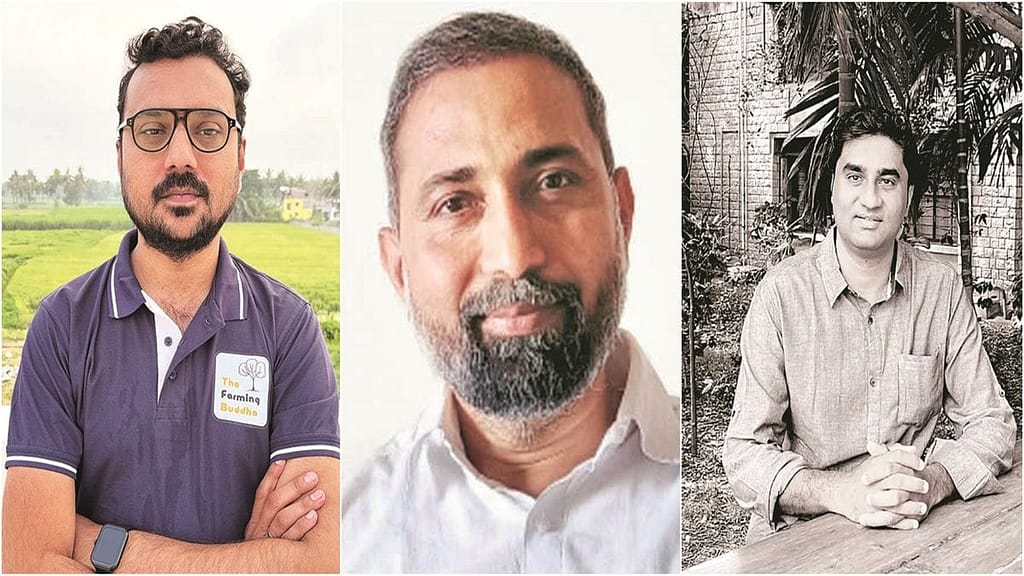New Delhi: At the beginning of a social impact venture, entrepreneurs face multiple challenges. More so for a tech-led experience where the gap between the lab and the market must be bridged with agility to realise the social impact. Capgemini has been partnering with IIM-Bangalore’s startup incubator, NSRCEL, to make this process easy for entrepreneurs.
“Our digital inclusion programme relies on two pillars, bridging the digital divide and using technology to ensure social and sustainable development for everyone,” says Anurag Pratap, VP and CSR head of Capgemini in India, talking about incubating startups in partnership with NSRCEL. “Our project has supported nine early-stage and four growth-stage tech-enabled startups. We have impacted over 4.5 million lives while the cohort has raised Rs 12.5 crore follow-on funding through VC,” he adds.
NSRCEL will support over 120 ventures in the next three years. The premier incubation centre looks for growth-stage startups working towards digital inclusion and operating as a registered for-profit or non-profit entities for at least a year. These startups are also expected to work towards meeting at least three UN sustainable development goals and impact the human development index.
NSRCEL has been an ecosystem enabler for startups solving pain points. “We come across two types of enterprises. One set is fairly early stage, first-time entrepreneurs needing structured guidance via incubation, and the other is more mature and experienced entrepreneurs needing on-demand, ad-hoc support,” says Nachiket Kulkarni, AVP—Impact Orbit, NSRCEL. The incubator also addresses other common pain points that tech-driven social impact ventures struggle with, such as legal and financial compliances, alternative financing and government. Connect.
Some startups incubated address problems ranging from climate change-induced inequality to women’s health. Waatavaran, a non-profit startup in the incubator, is addressing tribal inequality problems arising due to seasonal cultivation.
“We have mapped the ancestral forest lands of 2,295 tribal families using technology. Our Survey123 app enables us to leverage technology to empower vulnerable communities to easily document, map, and secure inclusive land and resources at scale for a more sustainable and equitable planet,” says Bhagwan Kesbhat, co-founder and CEO of Waatavaran.
The startup has raised an investment of Rs 75,00,000 from investors and has helped 11,697 individuals from tribal communities through securing their custodianship.
Another startup, The Farming Buddha, uses IoT-based blockchain technology to make the entire journey of the milk tamper-proof and traceable from cow to cup enabling small farmers to sell their milk directly. “End-to-end procurement and delivery are sustainably managed using Electronic vehicles with zero fossil fuel consumption,” says Kamalesh Mandya, co-founder of The Farming Buddha.
Dealing with tech-led social impact startups come with some challenges. Within the entrepreneurial community, there is a strong emphasis on addressing social issues. Nonetheless, we collaborate with industry leaders, founders, and NSRCEL to develop effective solutions,” says Pratap.










